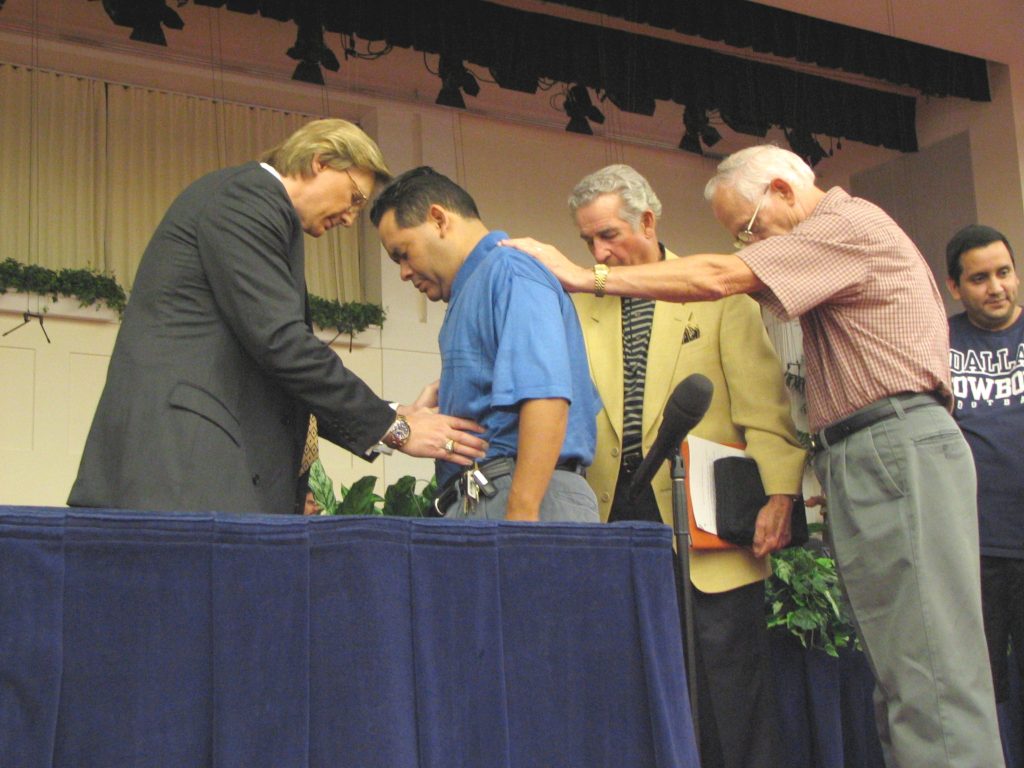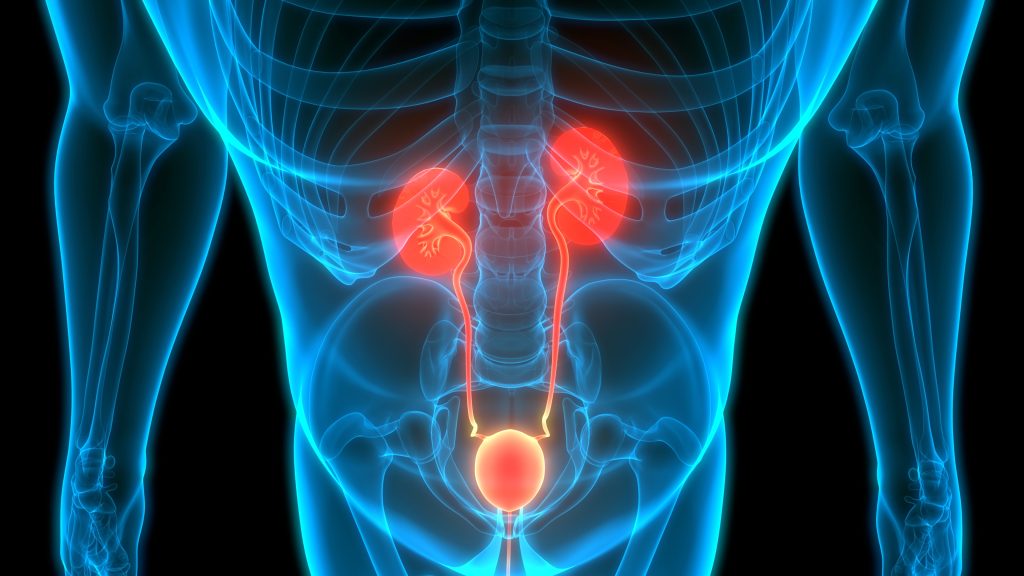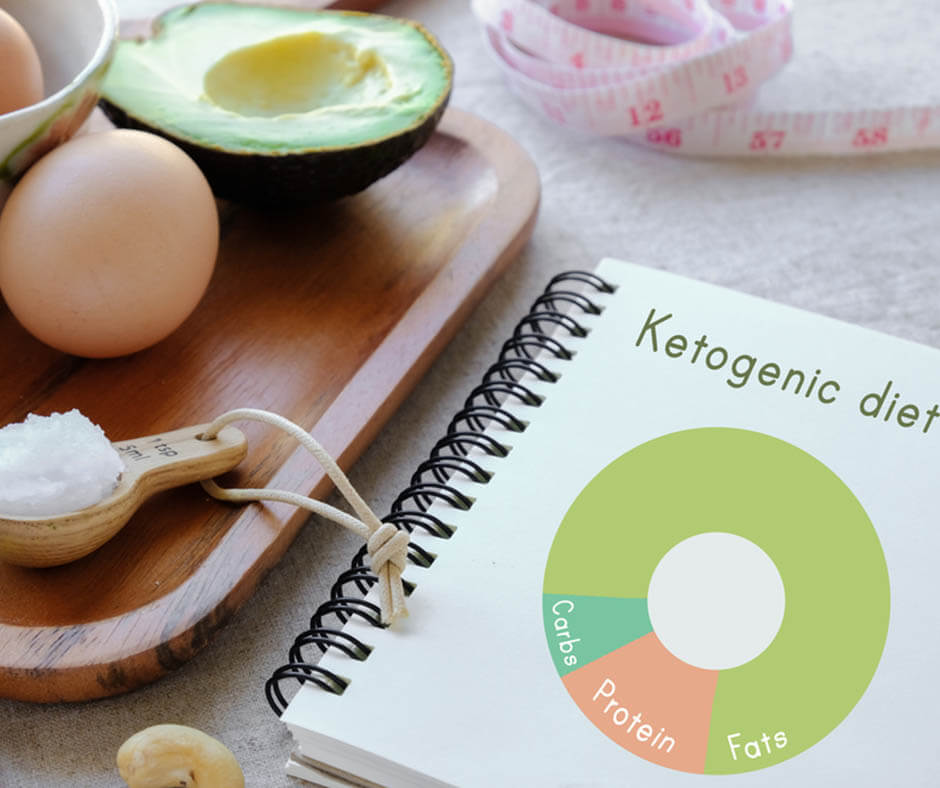The Father Factor: 7 Ways Dad’s Health Impacts His Whole Family (Spiritually & Physically)
Fatherhood is more than a role—it’s a spiritual assignment and a generational legacy. As I have often said, the choices a man makes about his health—both physical and spiritual—can profoundly influence his family’s future. This Father’s Day, we’re uncovering 7 surprising ways a dad’s well-being shapes his home.
1. Fathers Set the Tone Spiritually

According to a Swiss study published in Population Studies (2000), when a father is active in faith, there’s a 93% likelihood that children will continue in the faith as adults—even if the mother is less active. But when only the mother attends church regularly, that number drops dramatically to 17%.
This “Father Factor” in spiritual leadership shows the power of example. When a dad prays, studies Scripture, and walks in humility and faith, his children are more likely to follow suit. Fathers don’t need perfection—they need authenticity.
Tip: Take 5 minutes each morning to read a Proverb aloud and pray over your family.
2. A Father’s Stress Affects the Whole  Household
Household
When Dad carries chronic stress—whether from finances, work, or hidden emotional burdens—it doesn’t stay hidden. Elevated cortisol levels can lead to irritability, fatigue, and reduced patience, all of which impact how children experience discipline and connection.
One 2016 study from Translational Psychiatry found that paternal stress before conception can even epigenetically affect children’s stress responses.
Practical application: Exercise, prayer, and quality sleep are non-negotiables for any man leading his family well.
3. Hormonal Health Plays a Bigger Role Than Most Realize

Testosterone isn’t just about libido or muscle—it affects confidence, motivation, and mental clarity. Declining testosterone levels in men can begin as early as age 30 and drop about 1% per year. Low levels have been associated with mood disorders, weight gain, and reduced energy.
A 2020 review in The Journal of Clinical Endocrinology & Metabolism linked low testosterone to higher risk of type 2 diabetes and cardiovascular disease.
While some men explore medical therapies, natural support can begin with proper sleep, reduced alcohol intake, strength training, and targeted nutritional support. Nutrients like zinc, vitamin D, fenugreek, and ashwagandha—found in some men’s health supplements—have been studied for their supportive effects on hormonal balance.
Dr. Colbert’s Testosterone Zone is formulated to support men over 40 who want to maintain vitality and stamina naturally.*
4. Dad’s Diet Shapes the Family Table
 What Dad eats influences what the family eats. Studies show that when fathers model healthy eating, kids are more likely to consume vegetables, fruits, and whole foods—and less likely to rely on processed snacks or sugary beverages.
What Dad eats influences what the family eats. Studies show that when fathers model healthy eating, kids are more likely to consume vegetables, fruits, and whole foods—and less likely to rely on processed snacks or sugary beverages.
According to data from the Journal of Nutrition Education and Behavior (2015), children were significantly more likely to adopt healthier eating habits when both parents participated in dietary changes—especially the father.
Action step: Make one simple upgrade this week: swap out soda or sugary drinks for lemon water, or replace chips with raw almonds or veggie sticks.
5. A Father’s Physical Health Impacts Family Activities
 A dad with energy and strength can say “yes” to bike rides, camping trips, or teaching a child how to fix a tire or swing a bat. But when fatigue, joint pain, or chronic illness sets in, it often sidelines men from these bonding moments.
A dad with energy and strength can say “yes” to bike rides, camping trips, or teaching a child how to fix a tire or swing a bat. But when fatigue, joint pain, or chronic illness sets in, it often sidelines men from these bonding moments.
Encouraging fact: Men who exercise regularly have a 30% lower risk of premature death according to CDC data. Plus, daily physical activity boosts mood-regulating endorphins and testosterone levels—fueling better engagement at home and work.
Idea: Start “family walks” after dinner or Saturday push-up challenges with the kids. Small habits build lasting memories.
6. Dad’s Emotional Health Models Resilience
 Men are often taught to suppress emotion—but that suppression doesn’t make emotions disappear. It can result in anxiety, burnout, or even relational disconnection. Children benefit tremendously when they see their fathers express feelings constructively, apologize when wrong, and show empathy without shame.
Men are often taught to suppress emotion—but that suppression doesn’t make emotions disappear. It can result in anxiety, burnout, or even relational disconnection. Children benefit tremendously when they see their fathers express feelings constructively, apologize when wrong, and show empathy without shame.
A 2021 study in Developmental Psychology found that emotionally available fathers raised children with higher self-esteem and stronger emotional regulation.
Encouragement: Emotional vulnerability is not weakness—it’s leadership. Fathers who talk through challenges without hiding or exploding give their families tools for life.
7. Prostate Health Becomes a Family Matter
 By age 50, more than half of men experience some degree of prostate enlargement (BPH), often resulting in frequent nighttime urination, low energy, and reduced quality of life. Though it may seem like a private issue, the ripple effects are real: poor sleep, irritability, and even marital strain.
By age 50, more than half of men experience some degree of prostate enlargement (BPH), often resulting in frequent nighttime urination, low energy, and reduced quality of life. Though it may seem like a private issue, the ripple effects are real: poor sleep, irritability, and even marital strain.
The American Urological Association recommends that men begin proactively supporting prostate health around age 40. A diet high in lycopene (found in tomatoes), cruciferous vegetables, pumpkin seeds, and saw palmetto may help.
Dr. Colbert’s Ultimate Prostate Formula offers a gentle blend of botanical and nutritional ingredients designed to support healthy prostate function and urinary flow.*
Final Thoughts: Fathers Are the Foundation
Being a father isn’t about having perfect abs, perfect bloodwork, or perfect spiritual discipline. It’s about striving toward strength—not just for self, but for those God has placed in your care.
This Father’s Day, I encourage every dad to ask:
“What legacy am I building with my health, my habits, and my heart?”
A man who honors his body honors his calling. Whether you’re a young dad in your 30s or a grandfather leading by wisdom, your health journey impacts everyone in your home.
🎁 Father’s Day Resource:
Want to go deeper? Download our free guide:
“7 Days to Renew Your Strength as a Godly Father”
[Coming soon to DrColbert.com]
👉 Watch our powerful new episode:
🎙️ Low Testosterone & the Silent Decline of Men: Causes, Solutions & Hope
📺 Watch the podcast now


 Household
Household













